Deck & Commander Strategies
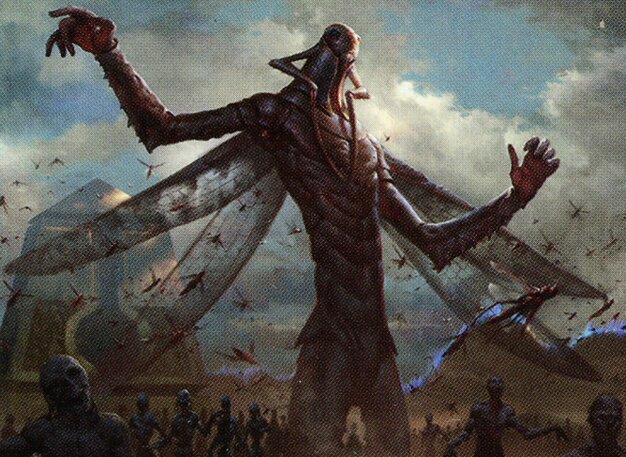
The Locust God
Draw large numbers of cards to generate locust tokens, overwhelming opponents with an insect swarm and leveraging wheel effects and card draw to maintain pressure.
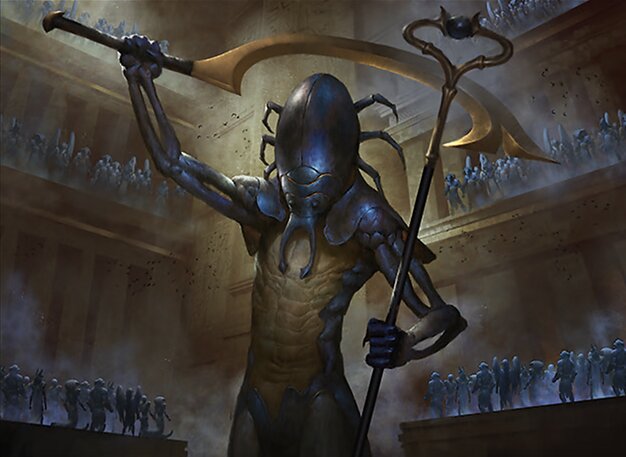
The Scarab God
Zombie tribal deck focused on board control through removal and recursion, using synergy among zombies to drain opponents' life and generate value by reanimating creatures.
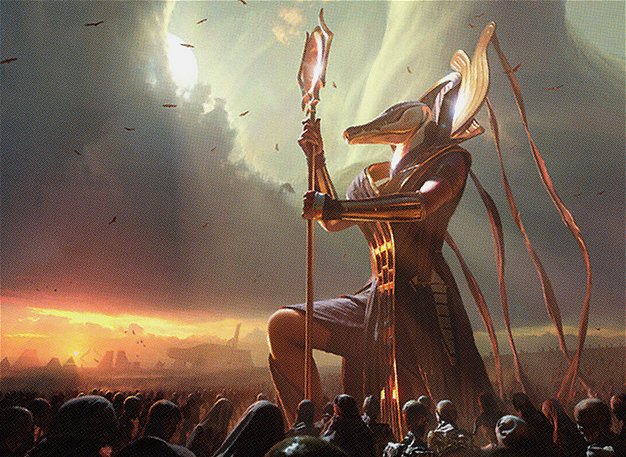
Bontu the Glorified
Sacrifice-centric deck that creates and sacrifices creatures to gain life, generate tokens, and trigger powerful death-based effects to maintain board presence and advantage.

Kefnet the Mindful
Control-oriented strategy focusing on counterspells, card draw, and stalling opponents while setting up for value plays with Kefnet’s ability to draw and protect spells.
Gameplay Insights
- 1
The Scarab God’s ability to scry and drain life based on the number of zombies created a steady attrition effect that pressured all opponents.
- 2
The Locust God’s deck leveraged repeated wheel effects to refill hands and produce locust tokens, effectively turning card draw into a board presence.
- 3
Bontu’s sacrifice synergies enabled efficient value from creatures dying, allowing for incremental advantages and pressure through tokens and recursion.
- 4
Kefnet’s control elements were crucial in stalling early aggression and protecting key spells, setting up for late-game dominance through card advantage.
- 5
Interactions involving graveyard recursion and creature death triggers were pivotal, especially with Bontu and The Scarab God maintaining board presence despite removal.
Notable Cards
-

Memory Jar
-
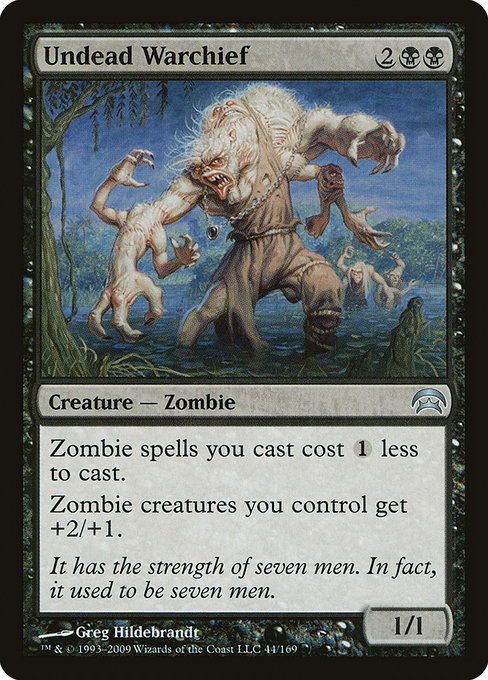
Undead Warchief
-
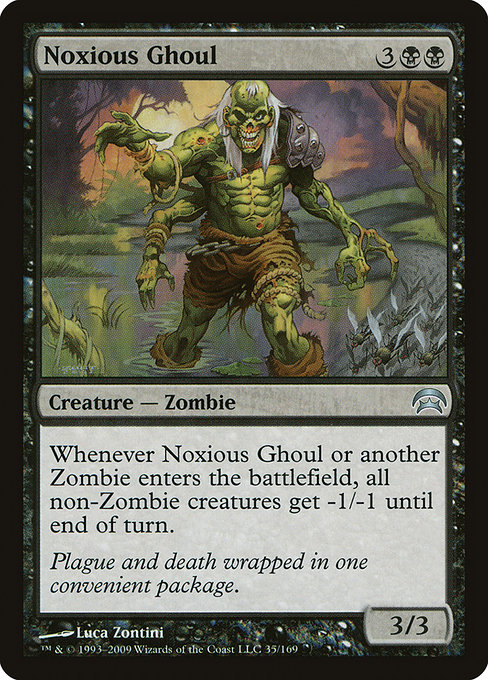
Noxious Ghoul
-
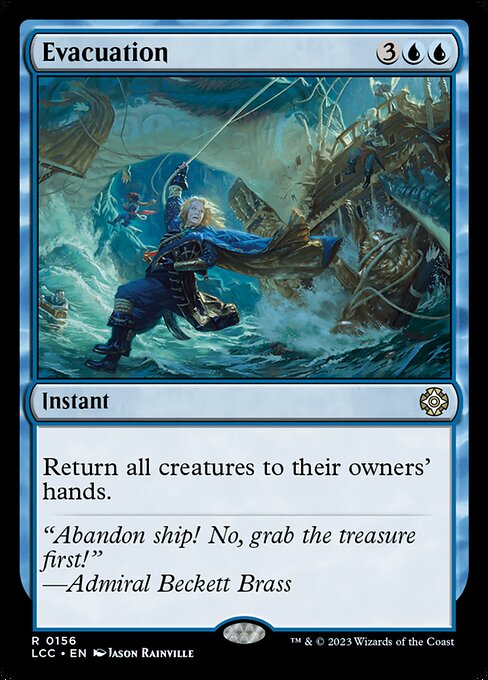
Evacuation
-
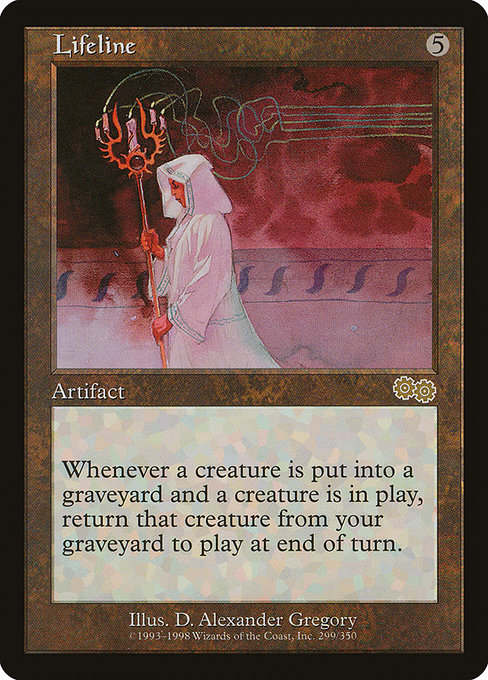
Lifeline
Gameplay Summary
The game featured a four-player match with The Locust God, The Scarab God, Bontu the Glorified, and Kefnet the Mindful as commanders.
Early on, the players set up their strategies around their respective commanders' strengths.
The Scarab God player focused on a Zombie tribal deck with strong synergies and recursion, leveraging cards like Undead Warchief and Noxious Ghoul to control the board and generate value.
The Locust God player aimed to draw massive amounts of cards and produce locust tokens that could swarm opponents, using wheels and spells that forced everyone to discard and draw anew.
Bontu the Glorified utilized sacrifice and token generation to gain incremental advantage, while Kefnet the Mindful worked to control the game with counterspells and card draw.





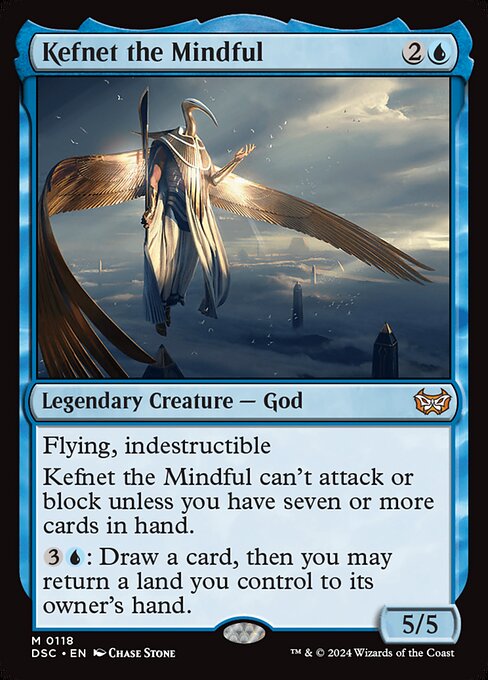
![Commander VS S16E7: The Locust God VS Horde of Notions VS Tatyova VS Balan [EDH] thumbnail](https://i.ytimg.com/vi/yqrnU70Qx6I/sddefault.jpg)





























